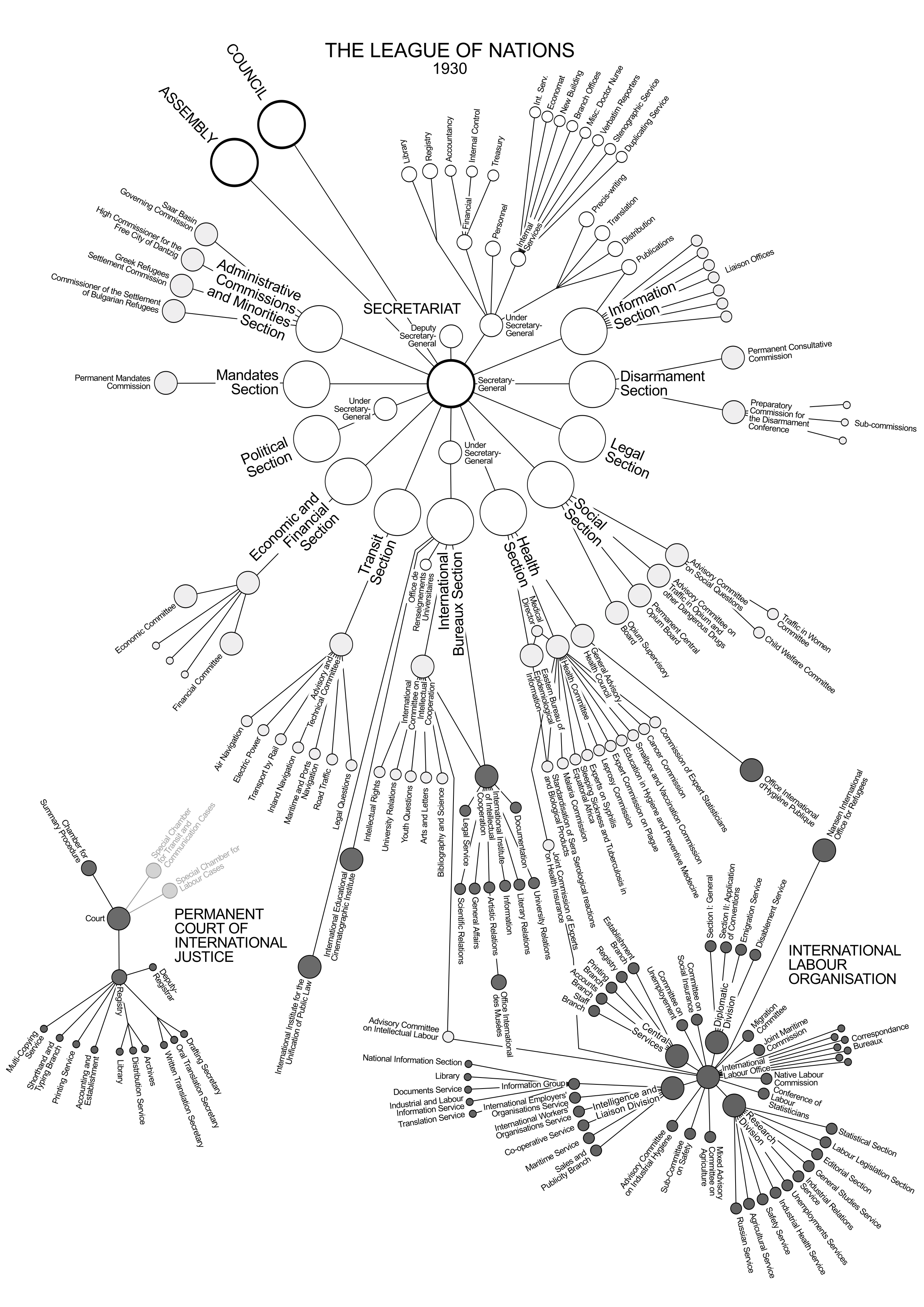|
Élie Bois
Élie Joseph Bois (1878–1941) was a French journalist who was editor of the newspaper ''Le Petit Parisien'' for 25 years.Mary Lynn Stewart, ''Gender, Generation, and Journalism in France, 1910–1940'' (Montreal & Kingston: McGill-Queen's University Press, 2018), p. 79.'M. Elie Bois', ''The Times'' (29 April 1941), p. 7. Bois's speciality was international relations and he attended the League of Nations Assembly in Geneva each September. He supported the policy of Aristide Briand to maintain peace and was among the earliest to recognise the danger of Nazi Germany. His opposition to German propaganda caused conflict with his directors, who favoured collaboration. During the Battle of France in 1940, Bois was asked by ''Le Petit Parisiens management to publish a statement proclaiming that as editor he had followed a personal policy, which he refused. He subsequently ceased to be the paper's editor. During the French collapse in June 1940, Bois sought refuge in Britain, where he wo ... [...More Info...] [...Related Items...] OR: [Wikipedia] [Google] [Baidu] |
Le Petit Parisien
''Le Petit Parisien'' () was a prominent France, French newspaper during the Third French Republic, Third Republic. It was published between 1876 and 1944, and its circulation was over two million after the First World War. Publishing Despite its name, the paper was circulated across France, and records showed claims that it had the biggest newspaper circulation in the world at this time. In May 1927, the paper fell into a media prank set up by Jean-Paul Sartre and his friends, announcing that Charles Lindbergh was going to be awarded as ''École Normale Supérieure'' honorary student. During the Second World War the paper, under the editorship of Claude Jeantet, was the official voice of the Vichy regime and in 1944 was briefly published by Jeantet in Nazi Germany before closing down. Background Prior to the twentieth century, newspapers were largely political such as Paris's La Presse (French newspaper), ''La Presse''. This is largely because newspapers held close ties with poli ... [...More Info...] [...Related Items...] OR: [Wikipedia] [Google] [Baidu] |
League Of Nations Assembly
The League of Nations was established with three main constitutional organs: the Assembly; the Council; the Permanent Secretariat. The two essential wings of the League were the Permanent Court of International Justice and the International Labour Organization. The relations between the Assembly and the council were not explicitly defined, and their competencies—with a few exceptions—were much the same. Each organ would deal with any matter within the sphere of competence of the League or affecting the peace in the world. Particular questions or tasks might be referred either to the council or the Assembly. Reference might be passed on from one body to another. Constitutional organs The League of Nations had three primary institutions: The secretariat, the assembly, and the council. Permanent secretariat The Permanent Secretariat—established at the seat of the League at Geneva—comprised a body of experts in various spheres under the direction of the Secretary General, G ... [...More Info...] [...Related Items...] OR: [Wikipedia] [Google] [Baidu] |
